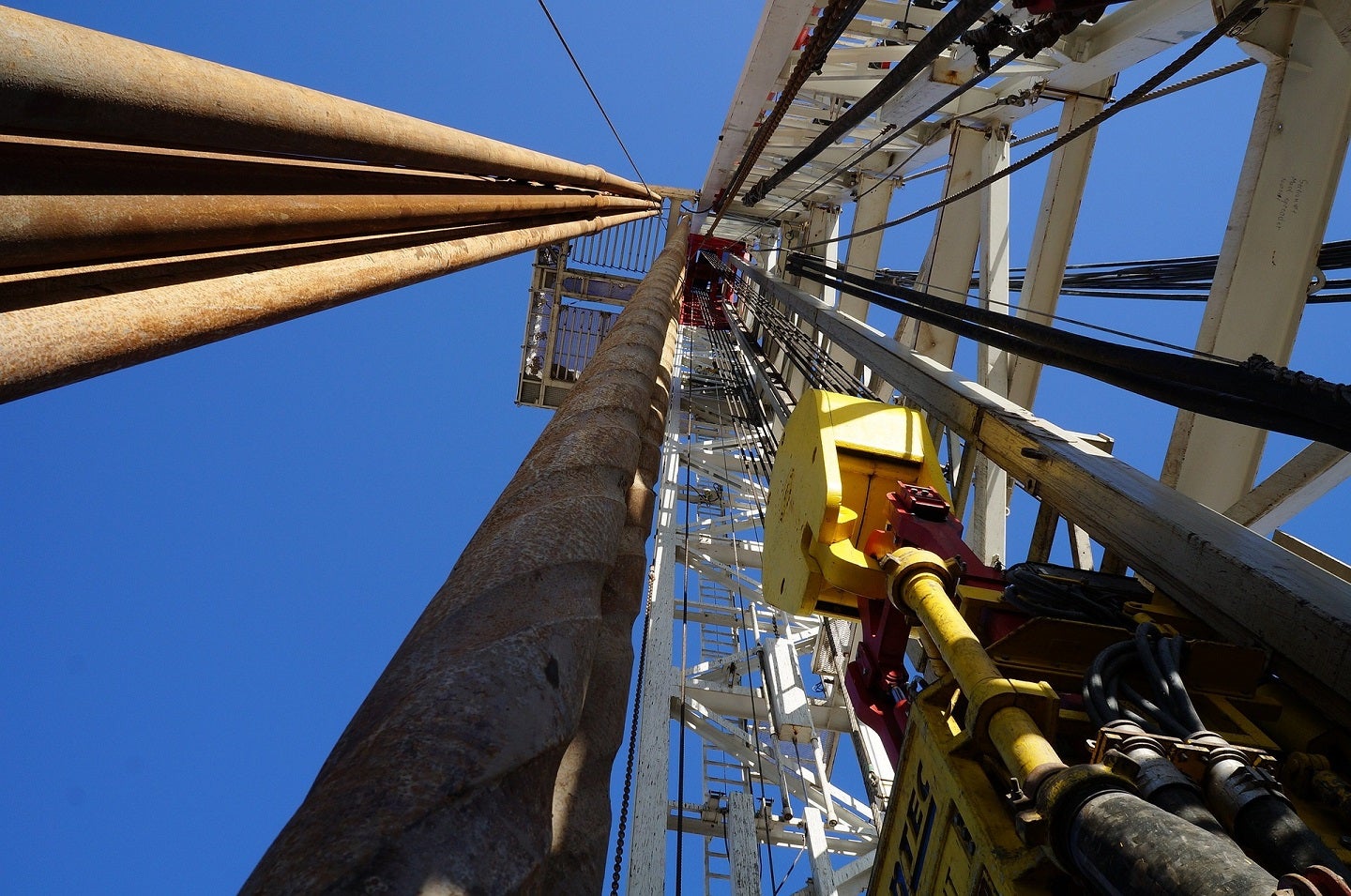
Japanese oil and gas explorer Inpex is in the process of divesting its stake in INK-ZAPAD, which holds oil assets in Siberia, Russia, to Japanese trading house Itochu, reported Reuters.
Although Japan aligned with Western sanctions against Moscow following the military incursion into Ukraine, its entities including the state-owned Japan Organization for Metals and Energy Security (JOGMEC), Itochu and Inpex retained stakes in major energy projects in Russia, including Sakhalin 1 and Arctic LNG-2, to meet the energy requirements of Japan.

Discover B2B Marketing That Performs
Combine business intelligence and editorial excellence to reach engaged professionals across 36 leading media platforms.
INK-ZAPAD is a JV between Russia’s INK and the JASSOC consortium.
INK holds a 51% stake and JASSOC the remainder in INK-ZAPAD.
The JASSOC consortium members are JOGMEC, Itochu and Inpex.
JOGMEC owns a stake of just under 50% in JASSOC, while Itochu holds slightly over 25% and Inpex slightly under 25%.

US Tariffs are shifting - will you react or anticipate?
Don’t let policy changes catch you off guard. Stay proactive with real-time data and expert analysis.
By GlobalDataINK-ZAPAD produces approximately 50,000 barrels of oil per day.
Post-deal, Itochu’s share in JASSOC will exceed 50%.
The transaction is yet to be finalised, according to one of the sources.
INK-ZAPAD owns licences for geological study, including exploration and production of hydrocarbons at the Bolshetirsky and Zapadno-Yaraktinsky licence blocks in the Irkutsk region of Siberia.
Recently, Reuters reported that Inpex has plans to expedite the development of its $20bn (Y2.97trn) Abadi liquefied natural gas (LNG) project in Indonesia.
The Japanese oil and gas company is targeting a commencement date towards the end of this decade.
Leveraging the Masela block’s gas reserves, Abadi LNG is expected to produce up to 9.5 million tonnes of LNG annually at peak capacity.
The LNG will be exported from a proposed terminal to meet the demands of both domestic industries and international markets.





